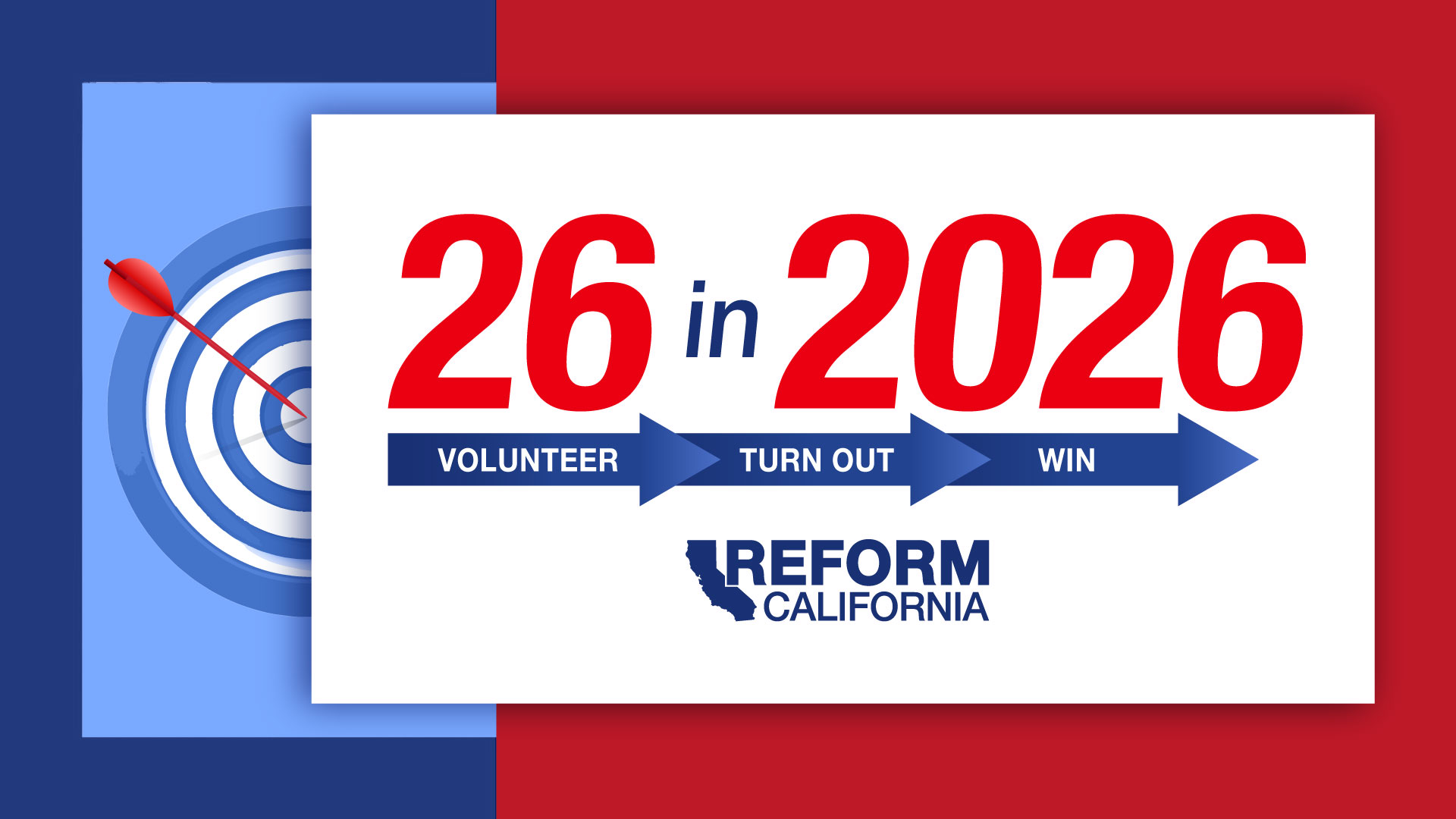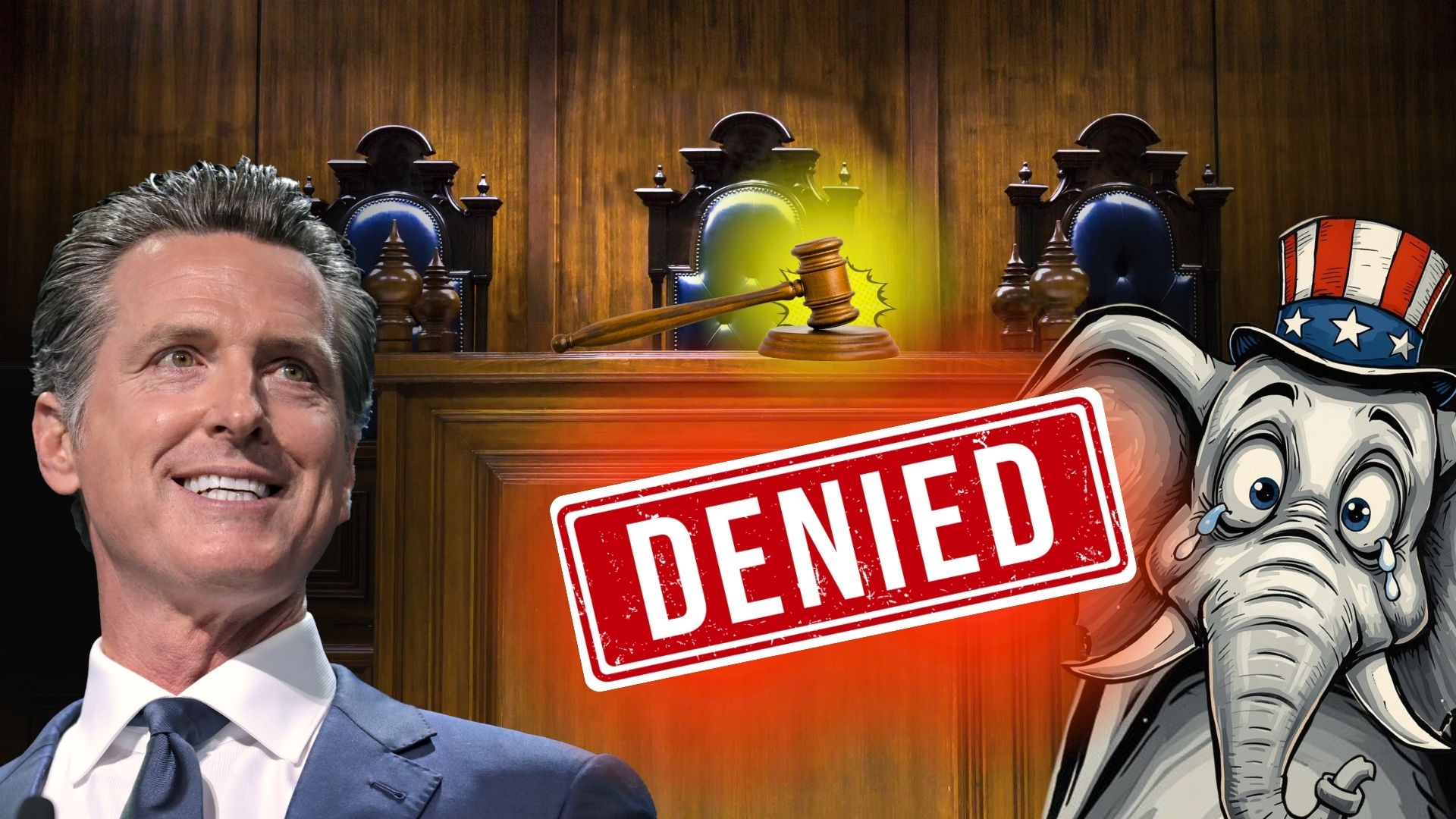

Image Credit:
Canva
A mere months after California politicians claimed they had a national record budget surplus of $97.5 billion, independent financial analysts and Governor Newsom himself have admitted that the state is facing a $22.5 billion deficit next year.
Today, Newsom unveiled several details of his 2023 budget, which aims to retain funding for most programs and offers few cuts to address the revenue shortfall.
Carl DeMaio, chairman of Reform California, says that the lack of budget cuts means Newsom may rely on massive tax hikes to close the gap in funding when he presents his updated budget in May.
“There’s no doubt about it — Gavin Newsom's irresponsible state budget will try to put the burden of his fiscal mismanagement onto the shoulders of small businesses and residents by trying to impose higher taxes,” DeMaio warns.
“We’re talking about tax-and-spend Democrats here who just put up over 250 tax hikes on the November 2022 ballot,” said DeMaio. “Governor Newsom and his leftist legislative partners will merely raise taxes again to cover the difference.”
And there are signs that this is already starting. DeMaio points to the state government’s recent imposition of a quiet 1.1% income tax increase.
“They got away with it, they got away with the gas tax increase — what’s to stop them from trying more tax hikes when they’re so emboldened?” asked DeMaio.
Reform California’s analysis shows that a tax hike to cover $22.5 billion dollars would mean an extra $1,000 in taxes — or more — per taxpayer.
As for the reasons for the oncoming fiscal crisis and the likelihood of these tax increases, DeMaio points to what he calls a “perfect storm” of factors:
“For the past decade, California politicians have repeatedly spiked spending at the state and local levels of government at the very same time that they have been ignoring a massive exodus of revenue-generating businesses and taxpayers from the state — and now the bill is finally coming due and taxpayers are stuck with it,” DeMaio says.
“Bad policies eventually impact the bottom-line of the government’s budget — and we’re definitely seeing that in California,” he continued. "Instead of tax increases, Newsom and Democrats in the California Legislature should enact policies to entice businesses and residents to stay."
DeMaio is asking the public to join Reform California’s campaign today to oppose more tax hikes in California — and instead fight for a return to sound fiscal policies.
“No doubt we need to prepare for a major battle in 2023 and 2024 in California - and we believe we can win if we get the public to wake up and get into this fight,” DeMaio concludes.


